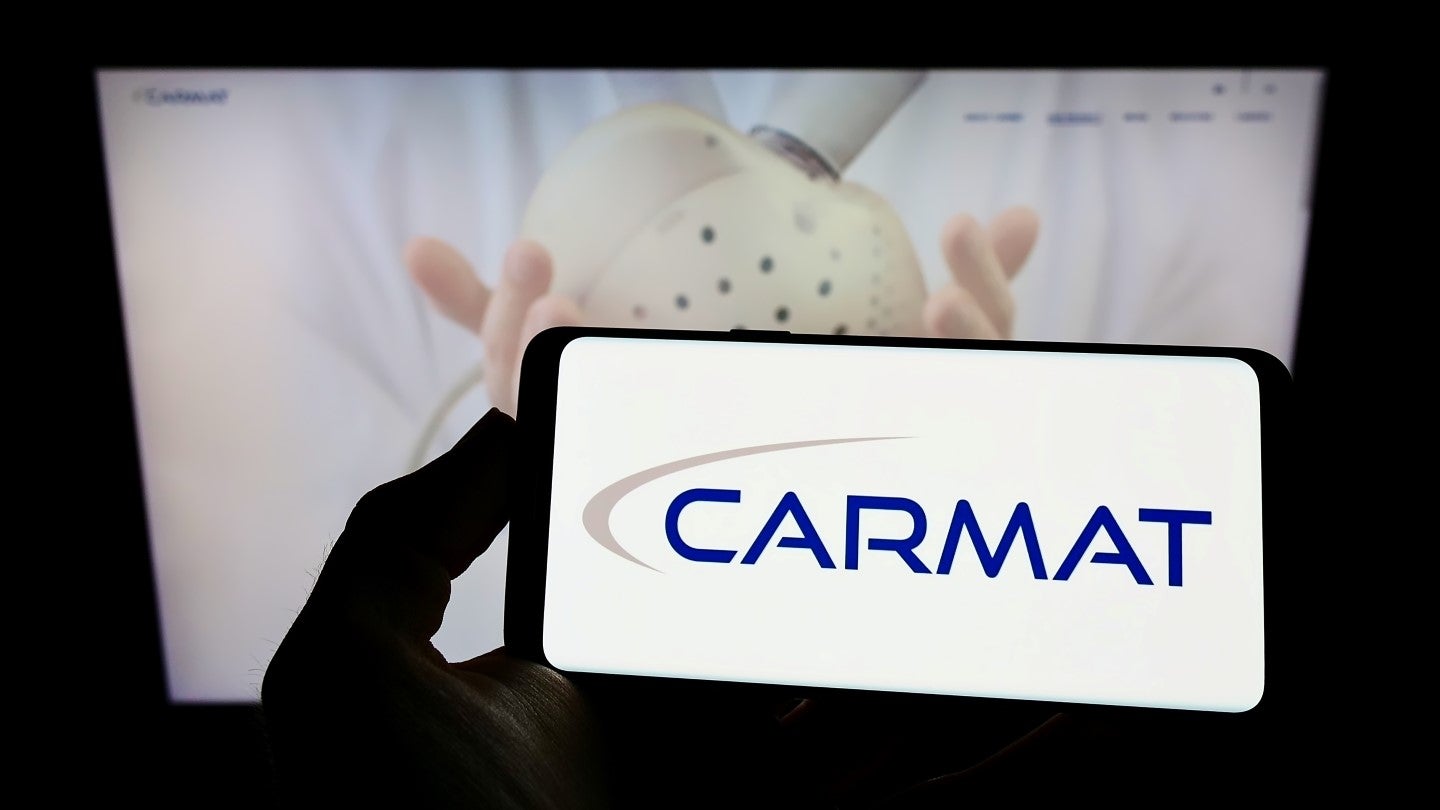
French medical technology company Carmat has launched a new software enhancement for its artificial heart Aeson.
The enhancement is claimed to have been designed to significantly improve Aeson’s safety profile.
With this update, the prosthesis software can be enabled to detect potential malfunctions in real time and adjust its control accordingly for uninterrupted patient support.
Carmat’s research teams have developed and tested these changes. The software enhancement will initially be rolled out to all hearts currently implanted in patients.
This will be done through a software update, accompanied by the publication of a field safety notice.
Following this, the enhanced software will be integrated into the Aeson production process, pending necessary regulatory approvals.
How well do you really know your competitors?
Access the most comprehensive Company Profiles on the market, powered by GlobalData. Save hours of research. Gain competitive edge.

Thank you!
Your download email will arrive shortly
Not ready to buy yet? Download a free sample
We are confident about the unique quality of our Company Profiles. However, we want you to make the most beneficial decision for your business, so we offer a free sample that you can download by submitting the below form
By GlobalDataThe implementation of this software modification complies with regulations. The rollout of the updated software will begin in the next few days.
Carmat CEO Stéphane Piat said: “In all industries, electronic components are potentially subject to failure because perfection of their manufacturing is almost impossible to achieve.
“It was important to be able to manage such risks in the case of our device, and I’m therefore very proud of the feat achieved by our software engineers: from now on, for many of the potential malfunctions linked to the prosthesis’s electronic components, Aeson software will automatically ‘correct’ these faults by adapting the prosthesis’s performance in an appropriate manner, so that the patient’s support remains unaffected.”
Piat added: “For me, this is a major and immediate step forward for all the patients who benefit and will benefit from our therapy; but also in the long term, when it comes to obtaining the destination therapy indication for Aeson, as this improvement significantly strengthens the safety profile and therefore the potential durability of the prosthesis.”
Last month, the artificial organ developer opened a new production facility in Bois-d’Arcy, France. It is its second facility which will be in the same vicinity as its first operations site.







